Home > News > Stakeholders To Tinubu: Hasty Economic R...
Stakeholders To Tinubu: Hasty Economic Reforms Worsening Poverty
By Gift | 29 Jun, 2023 08:21:32am | 37
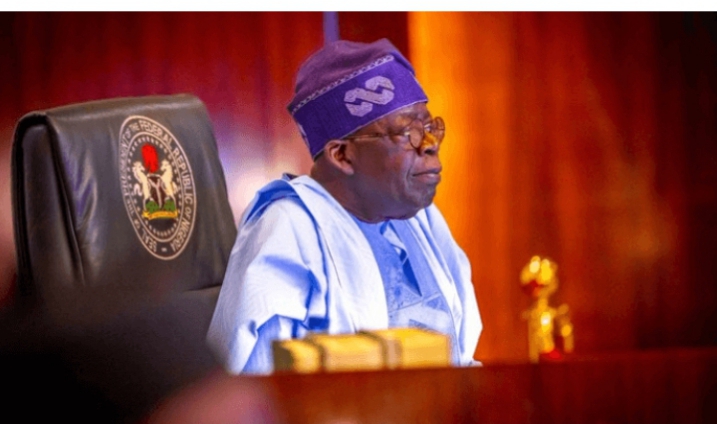
Stakeholders have warned that if President Bola Ahmed Tinubu fails to follow the recommendation of his policy advisory council by sequencing...
Stakeholders have warned that if President Bola Ahmed Tinubu fails to follow the recommendation of his policy advisory council by sequencing the reforms of his administration, more Nigerians will be plunged into poverty.
They said that while most of the initiatives of the president to revamp the economy are good, Tinubu must not “set the cart before the horse” so as not to at the end of the day erode any gains that might be recorded.
They said he should quickly come up with palliatives to reduce the sufferings of millions of Nigerians.
Advertisement
The stakeholders’ position is coming on the heels of the World Bank’s revelation that the removal of fuel subsidy in Nigeria has resulted in the impoverishment of over four million people in the country during the first half of 2023.
World Bank’s Lead Economist for Nigeria, Alex Sienaert, disclosed this during the launch of “Nigeria Development Update” in Abuja.
Sienaert cautioned that if targeted measures were not implemented promptly, an additional 7.1 million Nigerians were projected to fall into poverty by the end of the year.
Speaking on the reform, an economist and Nigeria’s first professor of capital market, Uche Uwaleke said the president no doubt has been taking the right decision in terms of reforms.
Advertisement
“But again, it must be pointed out that when you are implementing reforms, these reforms need to be sequenced.
He said: “If the president is using the policy document developed by the Policy Advisory Council led by distinguished Senator Tokunbo Abiru with inputs from KPMG, it says clearly that in the first 100 days, the president will announce the intention to remove subsidy and then much later in the documents you will find that it recommends introducing non-cash palliatives to cushion the effect, implementing minimum wage, partnering with the BUA and the Dangote to increase refined capacity. The last point they put there is to effect the bullet removal of fuel subsidy.”
Professor Uwaleke said on the monetary policy side, the advisory council recommended that the government should first of all model the impact of the unification of exchange rates on the economy, and determine the quantum of external reserves that will be required to support that policy.
Advertisement
He said the council also recommended taking into cognisance the backlog of foreign exchange demand, put somewhere around twelve $12 billion and contingency reserves.
“So, all these are supposed to come into the model, before you now talk about unification of exchange rate, but what we are seeing is that these things have happened before some of the things recommended.”
Recall that the Daily Trust Board of Economists rising from the meeting at the weekend said the hasty implementation of the economic policies of President Tinubu would plunge more Nigerians into multidimensional poverty, if the liberalisation of the economy was done without adequate communication on their impact and availability of palliative measures.
In a communiqué signed by the chairman of the Board, Prof. Binta Tijjani Jibril, the members while commending the president for the reforms he is implementing to steer the economy on a sustainable path, observed that the short term impact of the policies would send a “negative message to the masses who bear the burden” of a mismanaged economy by the previous administration.
Advertisement
The board observed that the implementation of the various policies has led to state government reducing working days for workers, which in itself is unproductive as it poses a danger to the productivity of their economy as well as a threat to MSMEs that thrive on the presence of workers in their stations.
Way forward
Just like the experts in Nigeria suggested, the World Bank emphasised the importance of compensating transfers to protect vulnerable households from the initial price shocks caused by subsidy reform.
The World Bank highlighted that the removal of petrol subsidies and the implementation of foreign exchange (FX) reforms were crucial steps towards addressing longstanding macroeconomic imbalances. It said these reforms have the potential to establish a solid foundation for sustainable and inclusive growth.
In a report, the bank also highlighted the adverse consequences of the FX reforms, including rising inflation and a debt-to-GDP ratio of approximately 46 per cent.
However, it acknowledged that the reforms, along with the removal of petrol subsidies were critical for rebuilding fiscal space and restoring macroeconomic stability.
Advertisement
The World Bank predicts Nigeria’s economy to grow at 3.3 per cent in 2023, 3.7 per cent in 2024, and 4.1 per cent in 2025, with the potential for lower inflation in the subsequent years.
During a panel discussion, various stakeholders provided different perspectives on sustaining the reforms and mitigating the impact on the poor and vulnerable.
The governor of Abia State, Alex Otti, and his Oyo State counterpart, Seyi Makinde, stressed the need for collective efforts to cushion the negative effects on the poorest members of society. The World Bank Country Director in Nigeria, D. Chaudhuri Shubham, recommended implementing a robust cash transfer programme to provide quick relief to the most affected households.
On his part, Prof Uwaleke said, “It is important that reforms are not forced, because of the likely adverse effect.
Advertisement
“In that policy document, it says the government is targeting a GDP growth rate of 7% on average over the next eight years. It also wants to lift 100 million from poverty, and create 60 million jobs. If you do these reforms all at once. You are very much likely to hurt output.
“You will find a situation where the inflation rate is rising and GDP is dropping. If GDP drops, how do you succeed in lifting people out of poverty? Instead, you will have policies that are geared towards plunging them further into poverty.
He said since the pronouncement has been made, the only thing the government can do is to quickly pick up whatever palliative they have including mass transit and minimum wage.
“But more importantly, any intervention that the government intends to make should be non-cash based. The $800 World Bank loan should not be distributed as cash.
“Poverty has four dimensions according to the multidimensional perspective; we have education, health, living standard, and so on. They should try to also deploy them to areas of health in particular.
“Whatever they do that will reduce out-of-pocket expenses of Nigerians will go a long way to alleviate the suffering that people are currently having,” he said.
The Daily Trust Board of Economist advised the new government to urgently engage and communicate effectively with citizens, to enable Nigerians to understand what the new policies on fuel subsidy removal, foreign exchange liberalisation, the Student’s Loan Scheme, as well as the planned hike in electricity tariff portend for the future of the Nigerian economy as well as their living conditions.
DAILYTRUST

Leave a Reply
Your email address will not be published. Required fields are marked *
Category
 Technology
Technology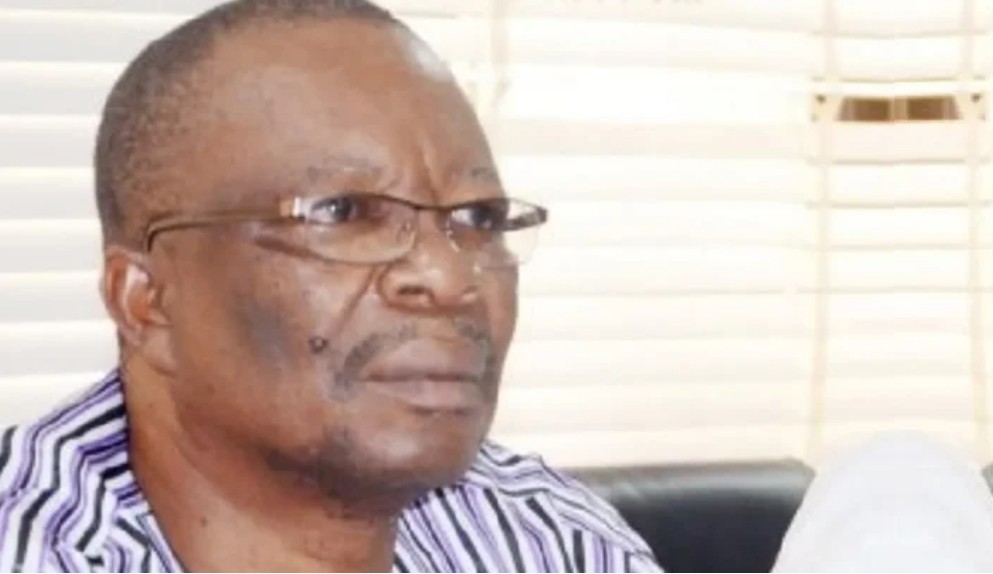 Education
Education 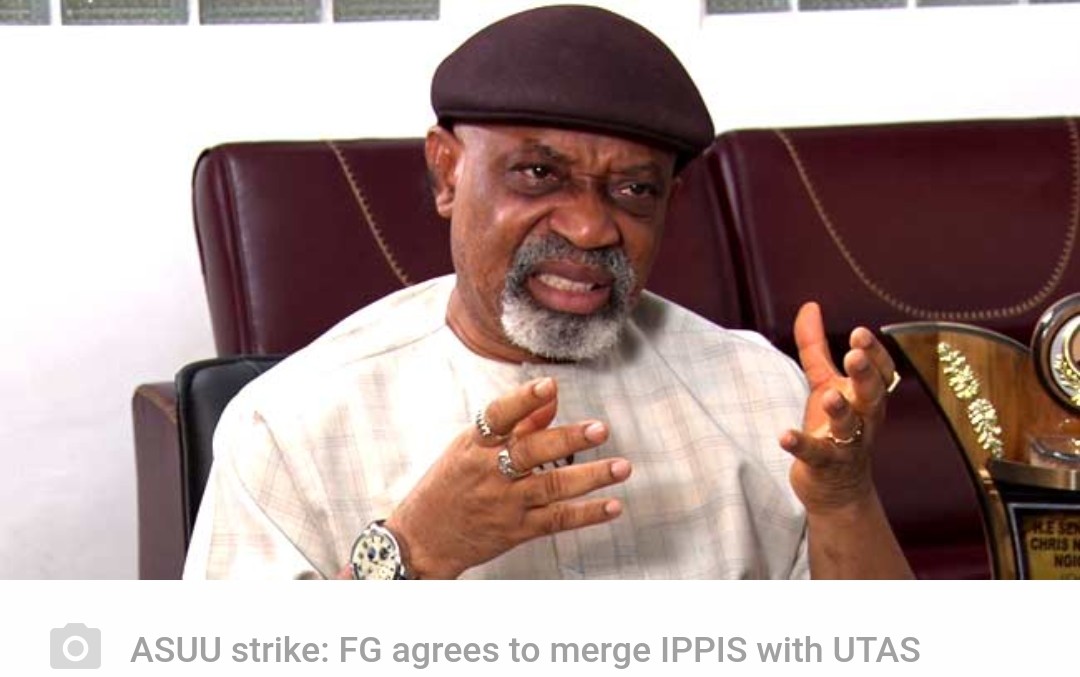 News
News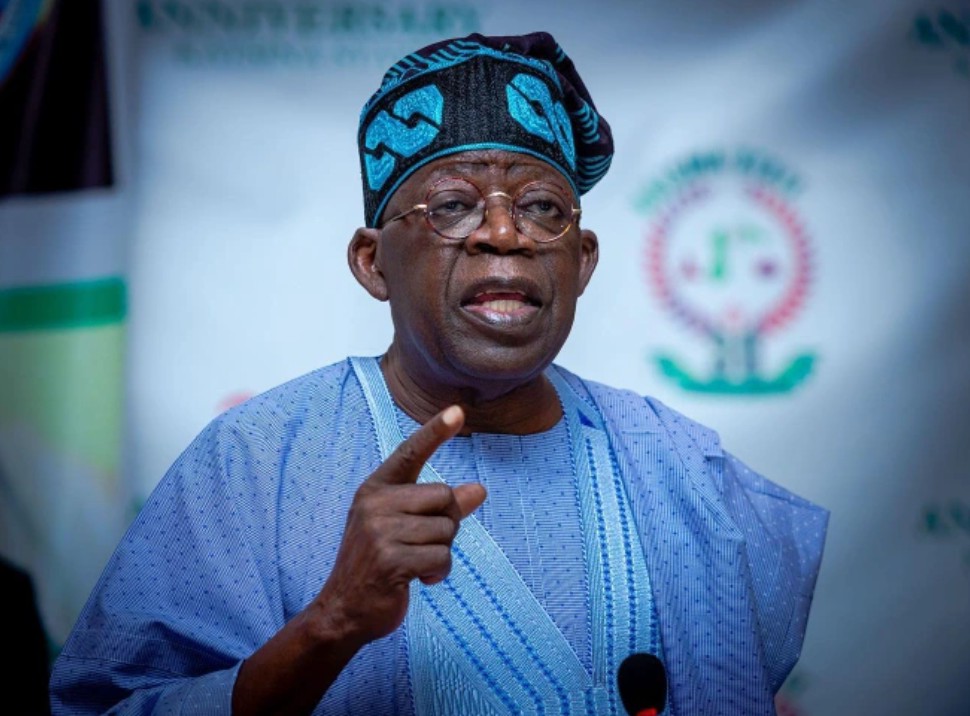 Politics
Politics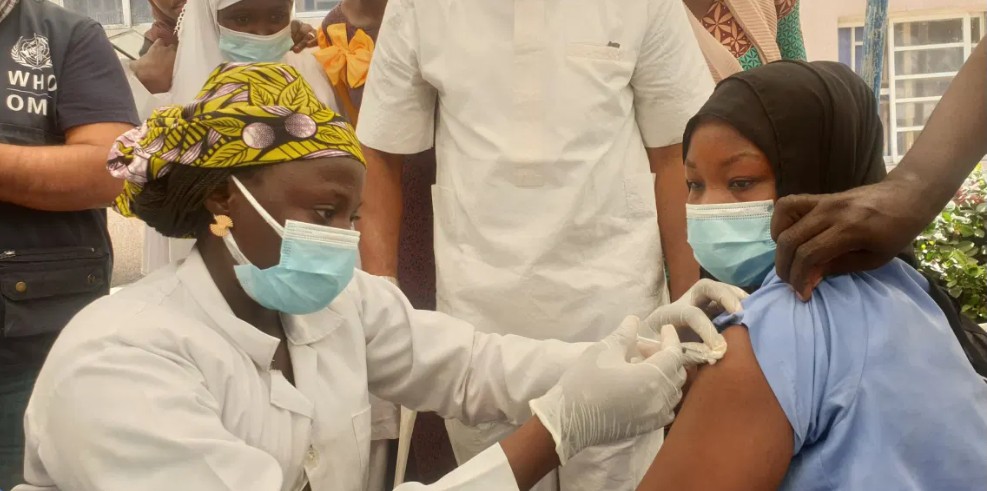 Entertainment
Entertainment Religion
Religion  Culture & Tourism
Culture & Tourism Crime & Security
Crime & Security Business & Economy
Business & Economy Sports
Sports  Opinion
Opinion.jpeg) Interviews
Interviews Health
Health